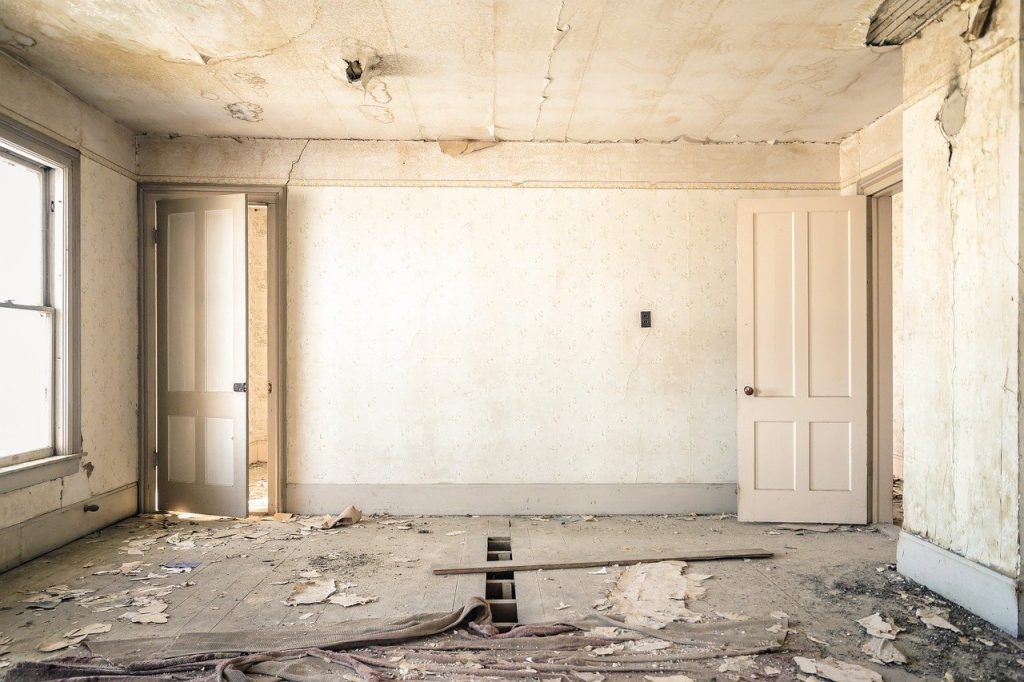Have you ever stopped to think how just a few small things – or one larger thing – can make a difference? It can be the difference between a good day and a bad one. It can be the difference between success and failure. When you’re a landlord or a tenant, it can be the difference between an easy end of tenancy and a difficult one. The inventory clerk can make it a simpler process for everyone.
Think of it this way; if there is a ripped carpet, a marked wall, a broken window, or any number of ‘small’ issues with the way a property is left after a tenant has moved out, it will clearly have an impact on their deposit. That is what the deposit is there for, after all. It’s a bond which will be paid back if the tenant has left the property in a satisfactory condition. If not, the deposit can be used to pay for repairs and cleaning. It’s a good system which helps both tenant and landlord when used in the right way.
Yet it can also, clearly, be problematic. In order to minimise (and ideally eliminate) any arguments, a professional inventory clerk can be hired to carry out an inventory of the property. In this way, it is quick and easy to see at a glance what damage the tenant caused, and what they inherited when they moved in.

What Is An Inventory Clerk?
An inventory clerk is a highly skilled individual who makes in depth notes relating to the contents and condition of a property before it’s let to a tenant. An inventory clerk may also conduct mid-tenancy inspections on a property, and return once the residency has ended so as to match the current property condition to the initial condition as stated in the inventory. Ultimately, the return of a tenant’s complete deposit is going to relate to the condition of the property once the tenant leaves, excluding standard wear and tear.
A property owner commonly asks for a deposit to be paid by new tenants, usually the equivalent of five week’s rent. That deposit is kept in a tenancy deposit scheme (an official one, of course) until the renter leaves the property.
Why An Inventory?
An inventory, carried out by an experienced inventory clerk, is in the best interests of both the owner and also the tenant. This ensures that there are fewer problems once a tenant leaves the property, as all aspects of the property are noted in the inventory report. These reports should be read and signed by the tenant and landlord on the day that the tenant moves in. This shows both parties what the current condition of the property is, and of both parties agree, should anything be different when it comes time for the tenant to move out, it is easy to point out and detail with.
The inventory report can list everything that’s within the property as well as the condition. This can include heating appliances, extractor fans, cupboards, plug sockets, door frames, smoke detectors, curtains or blinds, flooring, light fittings, walls, ceiling and doors.

In addition to those fittings and fixtures, any piece of furniture that belongs to the owner should be mentioned, in addition to descriptions of their condition. It is very important that any marks, chips, or damage are reported in the inventory to confirm that the tenant isn’t accountable for any damage when they move out.
Looksy’s inventory reports also will include utility readings: electricity, water and gas. The report should contain plenty of photographs as proof of what is being noted.
For landlords, hiring an inventory clerk saves you time and prevents future problems. An expert service ensures that everything is noted in the report, and you gain peace of mind. As an inventory clerk is freelance and unbiased (or should be), they’re going to be able to look at the property objectively.
For more advice and to book an inventory, please get in touch with us today.